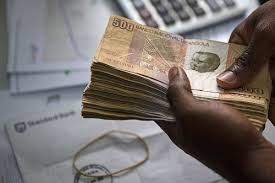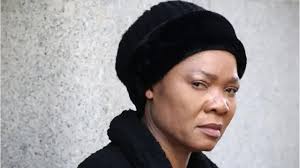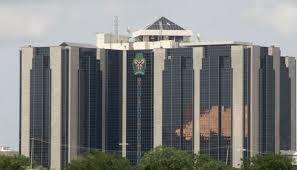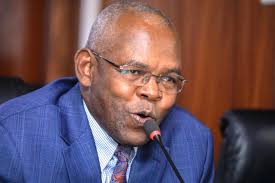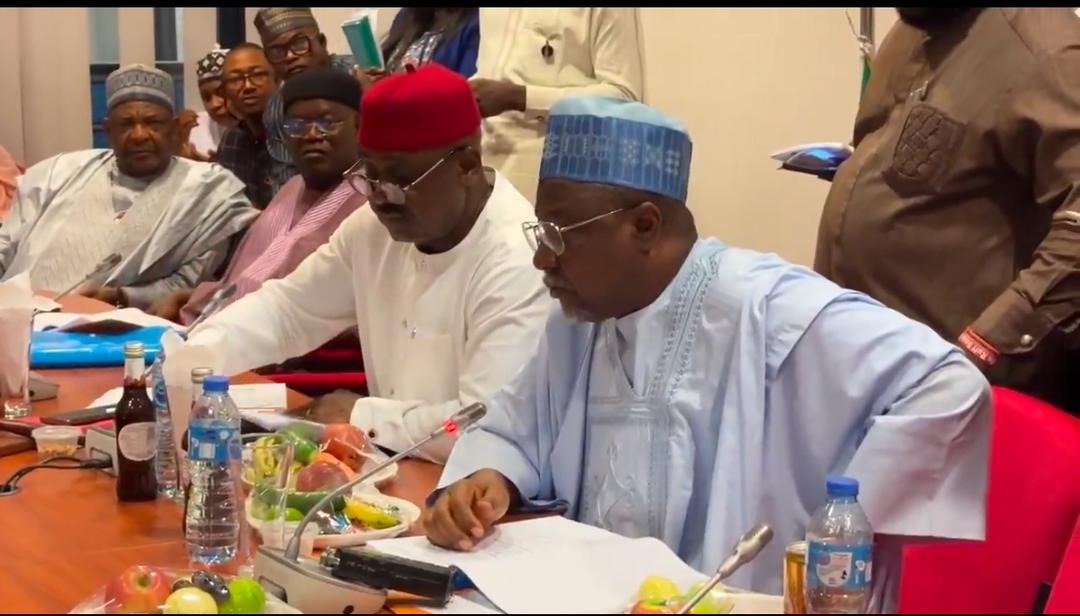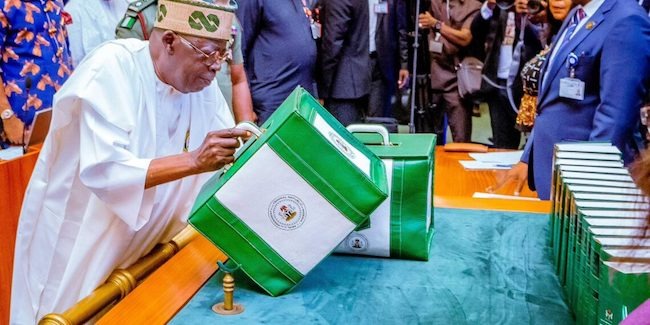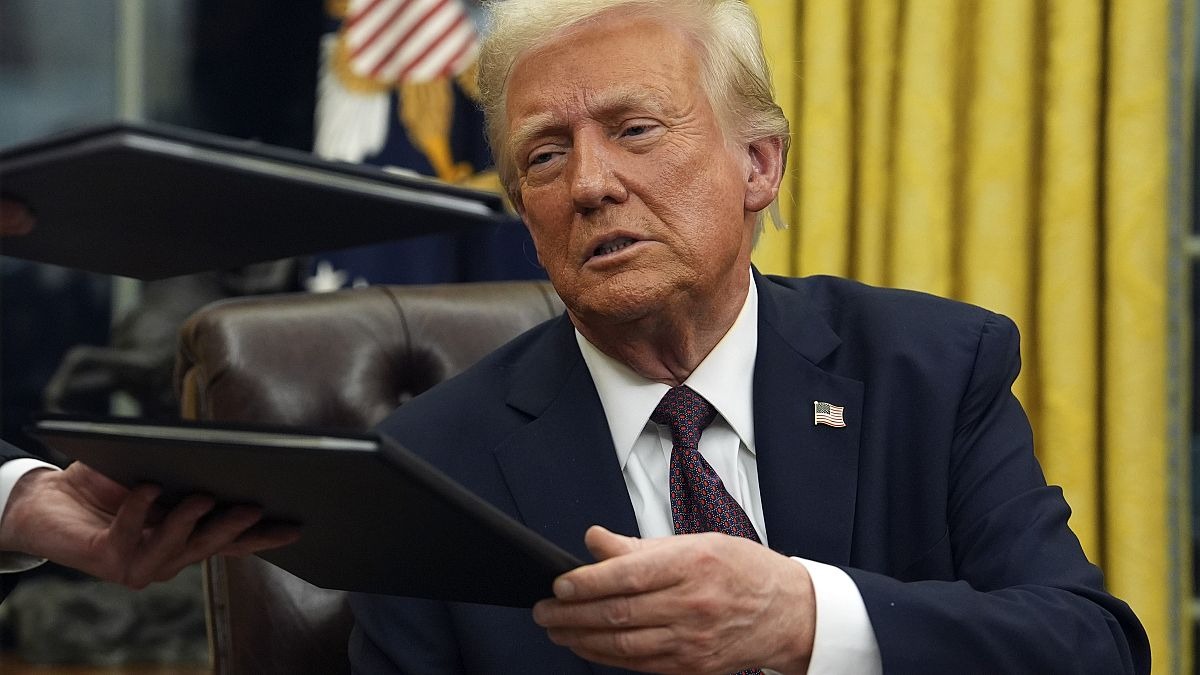Recent shifts in US energy policy may unexpectedly turn the tides for the Kenyan economy, long tethered to the whims of global oil markets. While the stated aim of these policies was to bolster domestic energy production within the United States, their impact is rippling across the globe, potentially offering a lifeline to nations like Kenya that are heavily reliant on oil imports.
“Drill, baby, drill,” the rallying cry of a bygone era, has seemingly found new life, leading to a surge in US oil and gas production. This surge has had a direct and immediate impact on global oil prices. Brent crude oil, the international benchmark, has recently fallen below the psychologically significant $80 per barrel mark in London, a development that has sent shockwaves through global markets.
“If it results in lower fuel prices,” explained Kamau Thugge, Governor of the Central Bank of Kenya, “then it’s also possible that that will contribute to lower inflation in the US and also lower global inflation. And that could actually be a positive for us.”
This is significant news for Kenya, a nation that currently imports all of its petroleum needs, amounting to a substantial 5.5 million cubic meters annually. The country remains acutely sensitive to fluctuations in global oil prices, making it highly vulnerable to external shocks.
While inflation in Kenya has recently shown encouraging signs, falling to a 14-year low of 2.7% last year, the central bank remains cautious. The anticipated rise in inflation to around 3.3% by March underscores the ongoing challenges facing the Kenyan economy.
However, the potential benefits of lower oil prices extend beyond mere price stability. For an import-dependent nation like Kenya, decreased fuel costs translate into lower transportation costs, a crucial factor for businesses and consumers alike. This can have a cascading effect, boosting economic activity across various sectors.
Recent shifts in US energy policy may unexpectedly turn the tides for the Kenyan economy, long tethered to the whims of global oil markets. While the stated aim of these policies was to bolster domestic energy production within the United States, their impact is rippling across the globe, potentially offering a lifeline to nations like Kenya that are heavily reliant on oil imports.
“Drill, baby, drill,” the rallying cry of a bygone era, has seemingly found new life, leading to a surge in US oil and gas production. This surge has had a direct and immediate impact on global oil prices. Brent crude oil, the international benchmark, has recently fallen below the psychologically significant $80 per barrel mark in London, a development that has sent shockwaves through global markets.
“If it results in lower fuel prices,” explained Kamau Thugge, Governor of the Central Bank of Kenya, “then it’s also possible that that will contribute to lower inflation in the US and also lower global inflation. And that could actually be a positive for us.”
This is significant news for Kenya, a nation that currently imports all of its petroleum needs, amounting to a substantial 5.5 million cubic meters annually. The country remains acutely sensitive to fluctuations in global oil prices, making it highly vulnerable to external shocks.
While inflation in Kenya has recently shown encouraging signs, falling to a 14-year low of 2.7% last year, the central bank remains cautious. The anticipated rise in inflation to around 3.3% by March underscores the ongoing challenges facing the Kenyan economy.
However, the potential benefits of lower oil prices extend beyond mere price stability. For an import-dependent nation like Kenya, decreased fuel costs translate into lower transportation costs, a crucial factor for businesses and consumers alike. This can have a cascading effect, boosting economic activity across various sectors.
Yet, as Governor Thugge wisely noted, the situation is not without its complexities. The rise in US interest rates, a likely consequence of the Federal Reserve’s efforts to combat inflation, could potentially lead to capital outflows from emerging markets like Kenya. As he pointed out, “That also has an impact on us because of the potential of capital now flowing back to the US as interest rates would remain more elevated than our earlier expectations.”
This presents a delicate balancing act for the Kenyan central bank. While lower oil prices offer a much-needed respite, the potential for capital flight and the accompanying risks to economic stability demand careful monitoring and proactive policy adjustments.
The Kenyan experience serves as a stark reminder that the interconnectedness of the global economy can bring both opportunities and challenges. As the US continues to reshape its energy landscape, the reverberations will undoubtedly be felt far beyond its borders, impacting nations like Kenya in profound ways.
